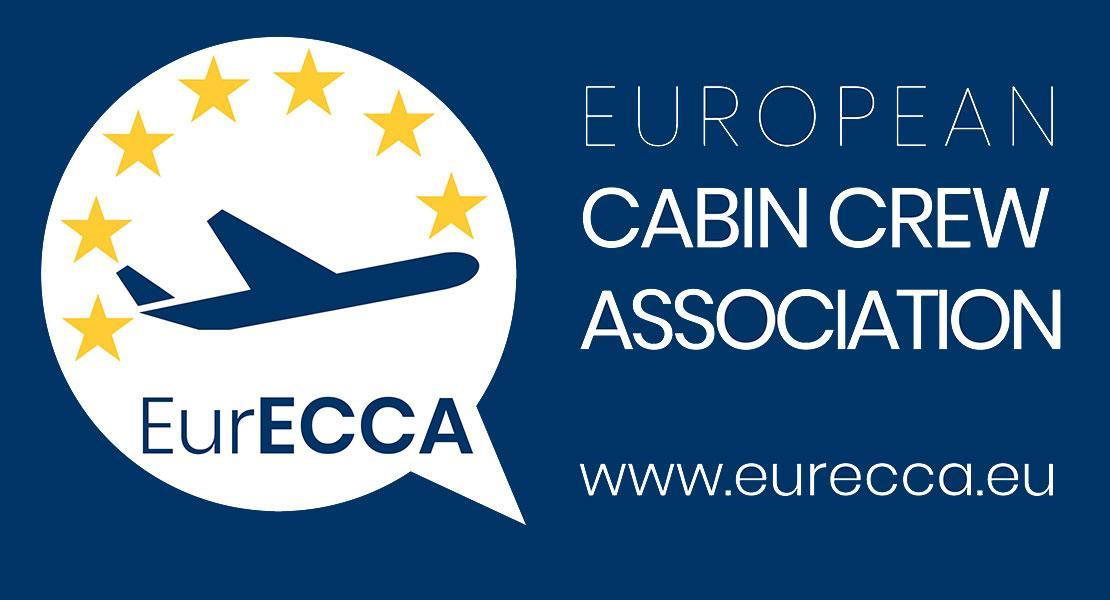EurECCA welcomes the ruling of the Paris Court of Appeal upholding Ryanair’s conviction for circumventing French labour law
EurECCA took part in a public consultation on the revision of the air services Regulation EC 1008/2008.
Read our input here.


EurECCA took part in a public consultation on the revision of the air services Regulation EC 1008/2008.
Read our input here.
